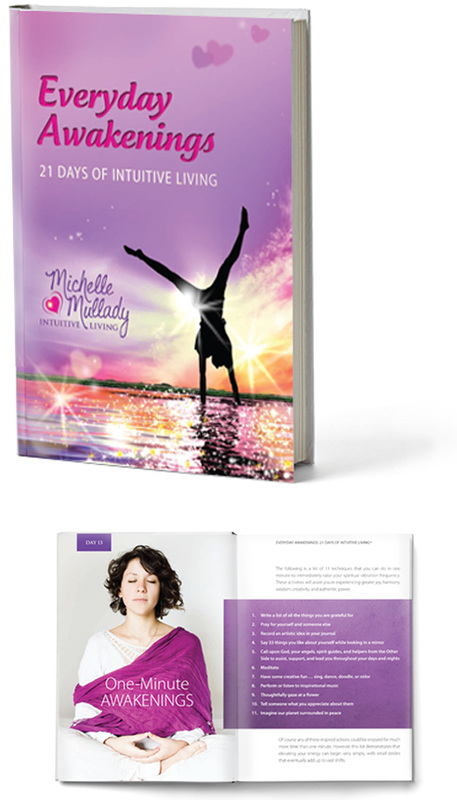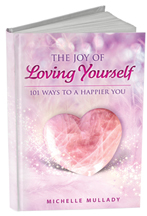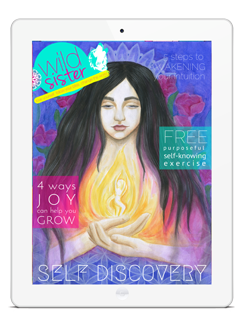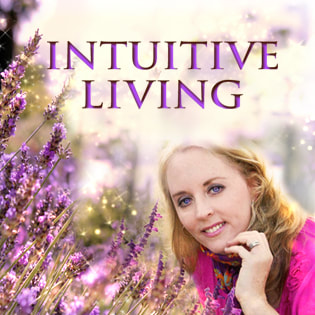I've discovered seven choices you can make that will not only improve your relationship, but can turn a failing relationship into a successful one.

This is the most important choice you can make to improve your relationship. This means that you learn how to take responsibility for your own feelings and many of your own needs. Instead of trying to get your partner to make you feel happy and worthy, you learn how to do this for yourself through your own thoughts and actions - learning to treat yourself with kindness, caring, compassion and acceptance instead of with self-judgment. Self-judgment will always make you feel unhappy, insecure, abandoned and unworthy, no matter how wonderfully your partner treats you.
For example, instead of getting angry at your partner for your feelings of abandonment when he or she is late, or is preoccupied and not listening to you, or is not turned on sexually and so on, you would explore how you might be rejecting and abandoning yourself.
When you learn how to take responsibility for yourself, then you stop blaming your partner for your upsets. Since blaming your partner for your unhappiness is a major cause of relationship problems, learning how to take loving care of yourself is vital for a good relationship. The Inner Bonding process is a powerful pathway toward this loving self-care.
Kindness, Compassion, Acceptance
Treat others the way you want to be treated. This is the essence of a truly spiritual life. We all yearn to be treated lovingly - with kindness, compassion, understanding and acceptance. We need to treat ourselves this way, and we need to treat our partner and others this way. Relationships flourish when both people treat each other with kindness. While there are no guarantees, often treating another with kindness brings kindness in return. If your partner is consistently angry, judgmental, uncaring and unkind, then you need to focus on what would be loving to yourself rather than reverting to anger, blame, judgment, withdrawal, resistance or compliance. Kindness to others does not mean sacrificing yourself. Always remember that taking responsibility for yourself rather than blaming others is the most important thing you can do. If you are consistently kind to yourself and to your partner, and your partner is consistently angry, blaming, withdrawn and unavailable, then you either have to accept a distant relationship, or you need to leave the relationship. You cannot make your partner change - you can only change yourself.
Learning Instead of Controlling
When conflict occurs, you always have two choices regarding how to handle the conflict: you can open to learning about yourself and your partner and discover the deeper issues of the conflict, or you can try to win, or at least not lose, through some form of controlling behavior. We've all learned many overt and subtle ways of trying to control others into behaving the way we want: anger, blame, judgment, niceness, compliance, care-taking, resistance, withdrawal of love, explaining, teaching, defending, lying, denying and so on. All the ways we try to control create even more conflict. Remembering to learn instead of control is a vital part of improving your relationship.
Most people have two major fears that become activated in relationships: the fear of abandonment - of losing the other - and the fear of engulfment - of losing yourself. When these fears get activated, most people immediately protect themselves against these fears with their controlling behavior. But if you chose to move into the Inner Bonding process and learn about your fears instead of attempting to control your partner, your fears will eventually heal. This is how we grow emotionally and spiritually - by learning instead of controlling.

When people first fall in love, they make time for each other. Then, especially after getting married, they get busy. Relationships need time to thrive. It is vitally important to set aside specific times to be together - to talk, play, learn, grow and make love. Intimacy cannot be maintained without time together.
Gratitude Instead of Complaints
Positive energy flows between two people when there is an "attitude of gratitude." Constant complaints creates a heavy, negative energy, which is not fun to be around. Practice being grateful for what you have rather than focusing on what you don't have. Complaints create stress, while gratitude creates inner peace. Gratitude creates not only emotional and relationship health, but physical health as well.
Fun and Play
We all know that "work without play makes Jack a dull boy." Work without play makes for dull relationships as well. Relationships flourish when people laugh together, play together, and when humor is a part of everyday life. Stop taking everything so seriously and learn to see the funny side of life. Intimacy flourishes when there is lightness of being, not when everything is heavy.
Service
A wonderful way of creating intimacy is to do service projects together. Giving to others fills the heart and creates deep satisfaction in the soul. Doing service moves you out of yourself and your own problems and supports a broader, more spiritual view of life.
If you and your partner agree to these seven choices, you will be amazed at the improvement in your relationship!

DR. MARGARET PAUL is a bestselling author, popular Huffington Post writer and co-creator of the powerful Inner Bonding® self-healing process, and the related SelfQuest® self-healing software program - recommended by actress Lindsay Wagner and singer Alanis Morissette. She has appeared on numerous radio and television shows (including Oprah). Her book titles include "Do I Have to Give Up Me to Be Loved By You" (and subsequent titles "Do I Have to Give Up Me to Be Loved By God," and "...By My Kids"), "Healing Your Aloneness" and "Inner Bonding." Margaret holds a Ph.D. in psychology, is a relationship expert, public speaker, consultant and artist. She has successfully worked with thousands and taught classes and seminars for over 48 years.
Learn more about the powerful Inner Bonding® self-healing process at http://margaretpaul.com/.
Copyright Dr. Margaret Paul 2016






